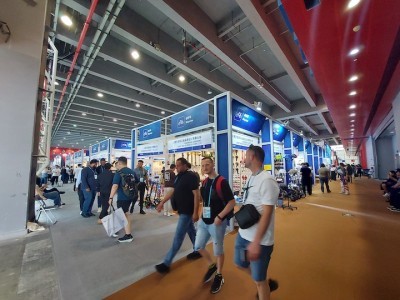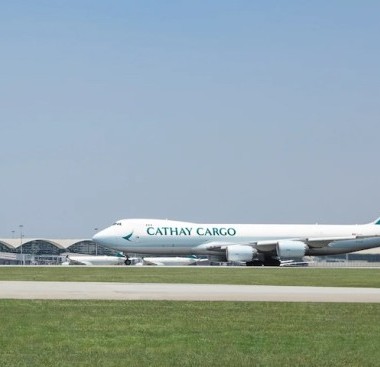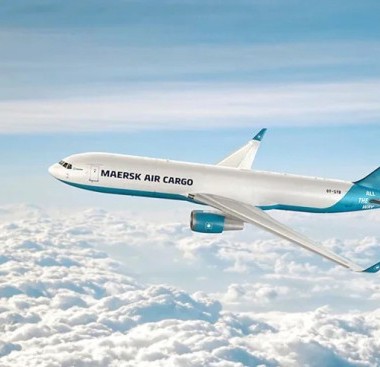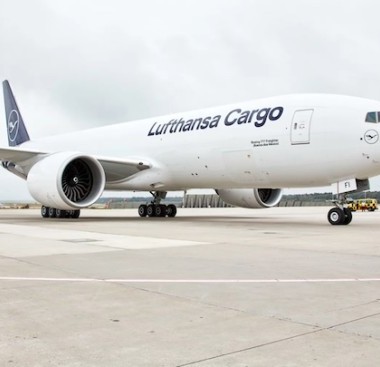EU nations demand tougher Russia sanctions in next package
Several European Union nations are pushing to broaden sanctions against Moscow over its invasion of Ukraine as the bloc races to find an agreement on capping the price of Russian oil.
Poland, Ireland and the three Baltic nations want the EU to extend its sanctions on Russian energy to include a ban on liquefied petroleum gas (LPG) products and restrictions on nuclear energy cooperation, according to a document seen by Bloomberg and to people familiar with the matter.
The proposals include cutting more banks from the international payments system SWIFT, starting with Gazprombank. The Russian lender has so far been spared from the bulk of the bloc’s sanctions as it is used by European firms to pay for gas deliveries.
Latvia, Lithuania, Estonia, Ireland and Poland also want to see a ban on insurance services and transferring US dollar banknotes to Russia, as well as tougher restrictions on transactions involving crypto assets, according to the document. The Financial Times reported earlier Friday on the proposals.
EU member states and the European Commission, the bloc’s executive arm, are in talks to prepare a new package of sanctions which is likely to include more trade restrictions, individual listings and a drive to agree a price cap on Russian oil.
A price cap would align the EU with a US effort to keep the cost of crude from soaring. But it would also likely require the bloc to loosen a ban on services, such as insurance, needed to move oil in order to allow their provision for shipments below an agreed threshold. That ban is due to come into force in December and the cap will need the backing of all member states.
Cybersecurity, Technology
A senior diplomat from one of the five nations told Bloomberg that if the new suite of measures is to include a cap, then those countries would want to see the overall sanctions strengthened if they are to support the oil measure.
The five countries also propose to ban using Russian cybersecurity firm Kaspersky Lab in the EU, to tighten existing restrictions on technology exports and add more goods to the list of prohibited tech products, including data-processing machines, storage devices and several electronics.
Furthermore, the countries want to:
- Broaden the scope of the restrictions imposed on Russian vessels entering EU ports, on providing business services to Russia and introduce a ban on IT services to Russia, including software and cybersecurity services
- Ban importing diamonds that originate in Russia, extend import restrictions on steel as well as ban the sale of real estate to Russian companies and citizens who are not residents in the EU
- Sanction more Russian propaganda outlets and ban EU-registered entities from receiving funding from organizations linked to the Russian state.
Similar Stories
China’s oil buyers set to weather tighter US sanctions on Iran
China’s private oil refiners could seek to buy more cargoes whose origin has been obscured as they prepare for fresh US sanctions on Iranian exports, ensuring crude continues to flow…
View ArticleEU opens investigation into China’s medical device procurement
The European Union launched an investigation into China’s medical device procurement, as the bloc seeks to address concerns that Beijing’s policies unfairly favor domestic suppliers.
View Article
China’s prices are just too low for buyers to sweat about tariffs
View ArticleBrazil joins protectionist wave in face of cheap steel imports
Brazil is stepping up protections for its steelmakers amid an influx of cheap imports led by China, by imposing an import quota system on 11 types of alloy products.
View ArticleFortescue iron ore exports take hit from derailment, weather
Fortescue Ltd., the world’s fourth-biggest iron ore miner, said it expects full-year shipments of the steelmaking material to be at the lower end of its guidance after disruptions at its…
View ArticleNew Zealand first-quarter imports fall amid sluggish economy
New Zealand imports fell to the lowest since mid-2021 in the first quarter as a weak economy stems demand from consumers and businesses.
View ArticleGet the most up-to-date trending news!
SubscribeIndustry updates and weekly newsletter direct to your inbox!





